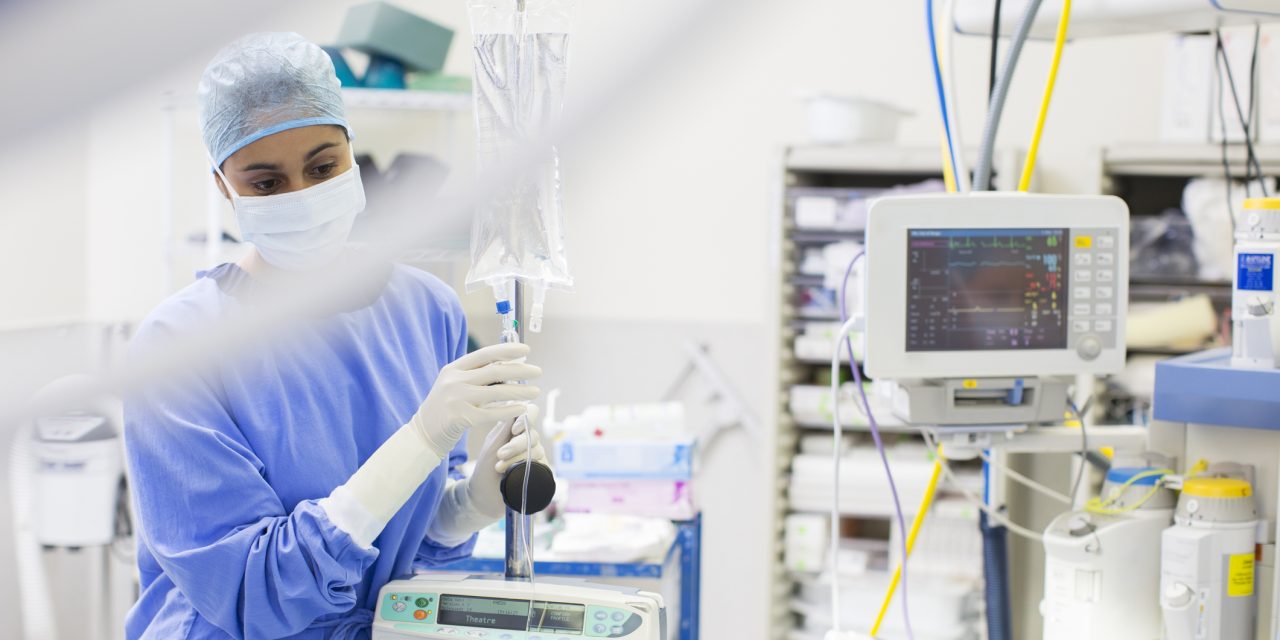Background Group B Streptococcus (GBS) is a common cause of neonatal sepsis. GBS colonization of the newborn gastrointestinal tract (GIT) may be a critical precursor for late-onset infection. Assessment of the rate of neonatal GBS intestinal colonization has generally relied upon culture-based methods. We used polymerase chain reaction (PCR) and culture to determine the rate of GBS transmission to neonates. We hypothesized that PCR may enhance the detection of neonatal GBS colonization of the GIT, and that the rate will be higher when evaluated with PCR as compared to culture. Methods This was a cross-sectional study, in which mothers who were positive for GBS on routine screening and their healthy infants were eligible for recruitment. Newborn stool was collected after 24 h of life and before hospital discharge, and stored at -80°C for culture and PCR targeting the GBS-specific surface immunogenic protein (sip) gene. Results A total of 94 mother-infant pairs were enrolled; of these pairs, stool was collected from 83 infants. Based on PCR, the overall GBS transmission rate was 3.6% (3/83). The transmission rate was 2.4% (1/41) among vaginal deliveries and 4.8% (2/42) among cesarean deliveries. The results of culture-based transmission detection were identical. Conclusion These results indicate that the rate of GBS transmission is low and that detection may not be enhanced by PCR methods.
Group B streptococcal transmission rates as determined by PCR.


